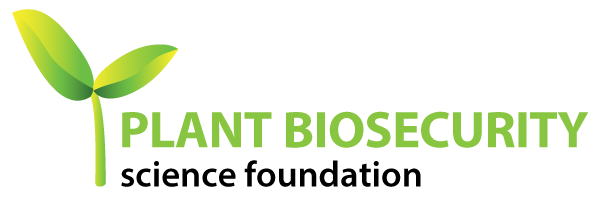Project Leader, Organisation
Nyree Stenekes, ABARES
Status
COMPLETE
Background
Charles Darwin University expressed interest for ABARES Social Sciences team to review the current unit titled ‘ENV521 – Community Engagement for Biosecurity and Natural Resource Management’, which forms part of the national curriculum for biosecurity. Considerable new insights in behaviour change and gaining community support have come to the fore in recent years that can be used to strengthen the education of new biosecurity and NRM professionals
Objectives and impact
Objective: To update Unit ENV521 with the latest academic literature about behaviour change and gaining community involvement in biosecurity and NRM
Methods: ABARES Social Scientists worked with Dr Penny Wurm to identify the priority areas for reviewing the unit. A key part was to broaden the community engagement tool box available to biosecurity and NRM professionals, including explanations of in what circumstances what tool(s) are most appropriate. New tools added will be based on a literature review (including approaches that have received increasing attention in recent years such as behavioural economics and nudge theory) and relevant recent ABARES research.
Outputs: Revised Unit ENV521 for CDU (note that this course is also undertaken by some Murdoch University students who are undertaking biosecurity studies)
Outcome: New biosecurity and NRM professionals better equipped to deal with the challenges and opportunities of involving the community in biosecurity and NRM.
Final Report
ABARES Social Scientists worked collaboratively with Dr Wurm, the CDU master’s course co-ordinator, to identify the priority areas for reviewing the unit. The three areas of focus were: course topics, engagement tools and case studies. The output of the review is a series of recommendations for strengthening these areas in the Unit for CDU students starting in Semester 2 2019.
A number of the recommendations have been incorporated into the unit to date:
- a module of materials has been incorporated on monitoring and evaluation approaches that can be applied to community engagement activities
- the case study collection available for students to access at any time was expanded, with supporting learning materials integrated into the case studies
- the section of the unit on ‘Engagement’ has been strengthened by making available additional engagement tools and approaches.
Dr Wurm was delighted with the outcomes, writing:
- “Participation in the project with Nyree and Heleen was a stimulating PD process for me, which will inevitably impact on how I think about and teaches the unit.
- The project provided valuable intellectual and practical input to the unit by not only recommending new references, but embedding those references in the context of specific case studies. These case studies were based on in house documents that would not otherwise have been available.
- Nyree and Heleen indicated that the collaboration highlighted the value of curriculum materials as a mechanism for fostering research uptake by targeted research users.
- Unit development is an iterative process, so the report is providing rich new resources for an ongoing process of continuous unit renewal.”
